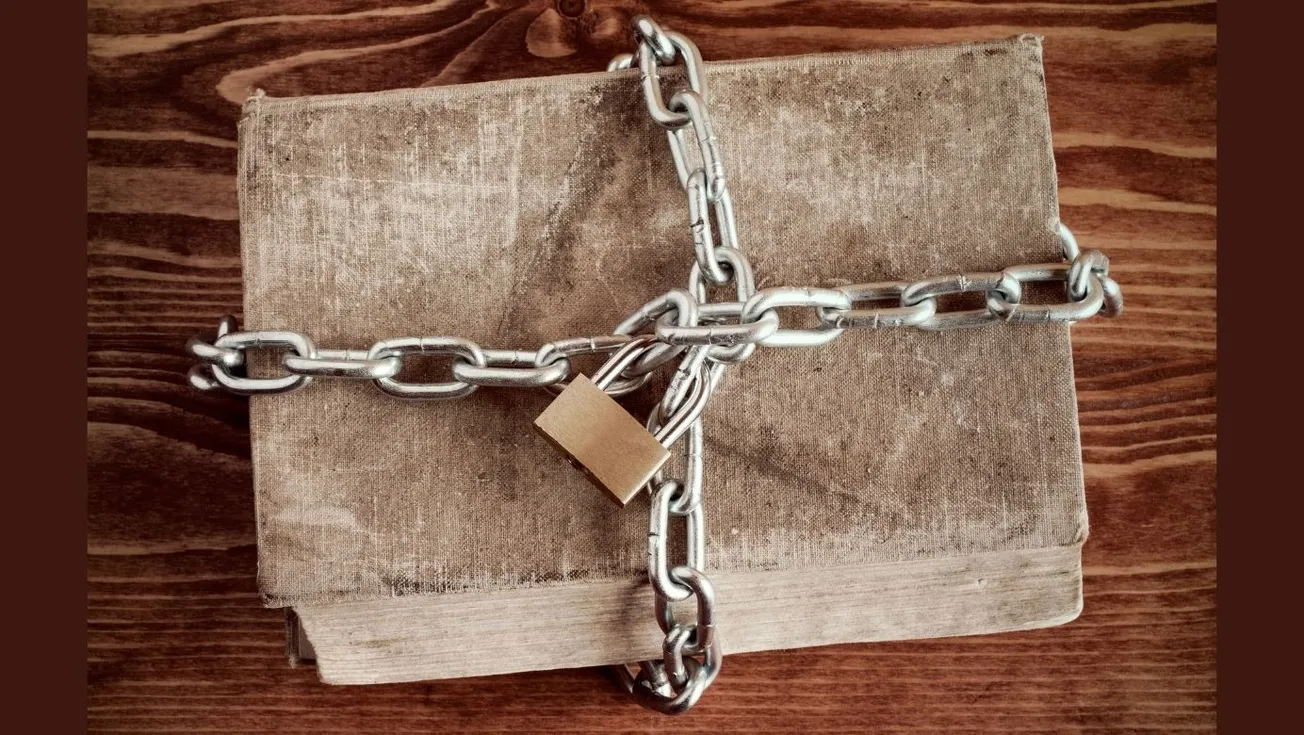On Wednesday, December 21st, the Clark County Public Library Board of Trustees met in regular session and, after hearing comments from over two dozen members of the public and a lengthy discussion, voted four-to-one to restrict access to one book in the library selections.
The book is Gender Queer by Maia Kobabe. Gender Queer was the recipient of the Alex Prize, awarded by the American Library Association to ten books per year which have special interest to young adults ages 12 to 18. The book also received positive reviews from prestigious sources such as the San Francisco Book Review, School Library Journal and Publishers Weekly.
The book had been located in the Adult section of the library.
The issue at question centered around “restricting” access to the book, by some process which had not yet been determined.
It should be noted that this became an issue, not because of widespread outrage on the part of the public, but because some member of the board had either seen the book or been alerted to it and then chose to pursue action on it, deeming it inappropriate for children, even up to the age of eighteen. The final motion was to that effect.
The board’s legal counsel noted that any restriction motion should be accompanied by some reason for the restriction, so a description of the work as “sexually explicit” was added to the motion.
Following a comment from a board member that this action affected “only one book,” it was quickly pointed out by the library director that it was not likely to always be so, as any action to restrict a book would almost inevitably lead to further similar actions.
Another board member suggested that the library staff could compile a list of books in the selections that might deserve some restrictive action. This suggestion was almost immediately rejected because of the huge amount of staff and time that would be needed to pursue such a proposal. And, it would place the staff in the untenable position of being censors – a role, incidentally, which the board has already assumed by its action to place restrictions on one book.
The American Library Association (ALA) Library Bill of Rights includes the following:
I. Books and other library resources should be provided for the interest, information, and enlightenment of all people [emphasis in original] of the community the library serves. Materials should not be excluded because of the origin, background, or views of those contributing to their creation. II. Libraries should provide materials and information presenting all points of view [emphasis in original] on current and historical issues. Materials should not be proscribed [emphasis added] or removed because of partisan or doctrinal disapproval. III. Libraries should challenge censorship [emphasis in original] in the fulfillment of their responsibility to provide information and enlightenment. IV. Libraries should cooperate with all persons and groups concerned with resisting abridgment of free expression and free access to ideas [emphasis in original].
The Kentucky Public Library Trustee Manual goes into extensive detail regarding the role of public libraries in promoting intellectual freedom and states: “The library board has the responsibility [emphasis added] of championing the cause of intellectual freedom, including fighting all censorship efforts.”
Though the members of the board who were intent on restricting access to this book took pains to characterize their actions as something other than censorship, there should be no doubt that censorship is exactly what transpired by a vote of four-to-one to place a special restriction on this book.
Censorship is like a forest fire. It begins with a single ember and if it is not extinguished at the outset, it becomes a raging conflagration that consumes everything in its path. History illustrates that most effectively, from China’s Qin Dynasty to the destruction of the Aztec codices to Savonarola to the Nazis, and every type of book has been subject to censorship at one time or another including the Bible, the Koran, and the Torah.
All library board members are required to sign a yearly form indicating that they understand and agree to follow provisions of the Clark County Public Library Governance Policies. Since four members of the board have so obviously abrogated their duty by failing to uphold anti-censorship efforts, those four members should immediately tender their resignations from the board for reasons stipulated in the board’s bylaws: neglect of duty and malfeasance.
--30--
Written by Chuck Witt, a retired architect, a former newspaper columnist, and a lifelong resident of Winchester. Cross-posted from Win City Voices.







